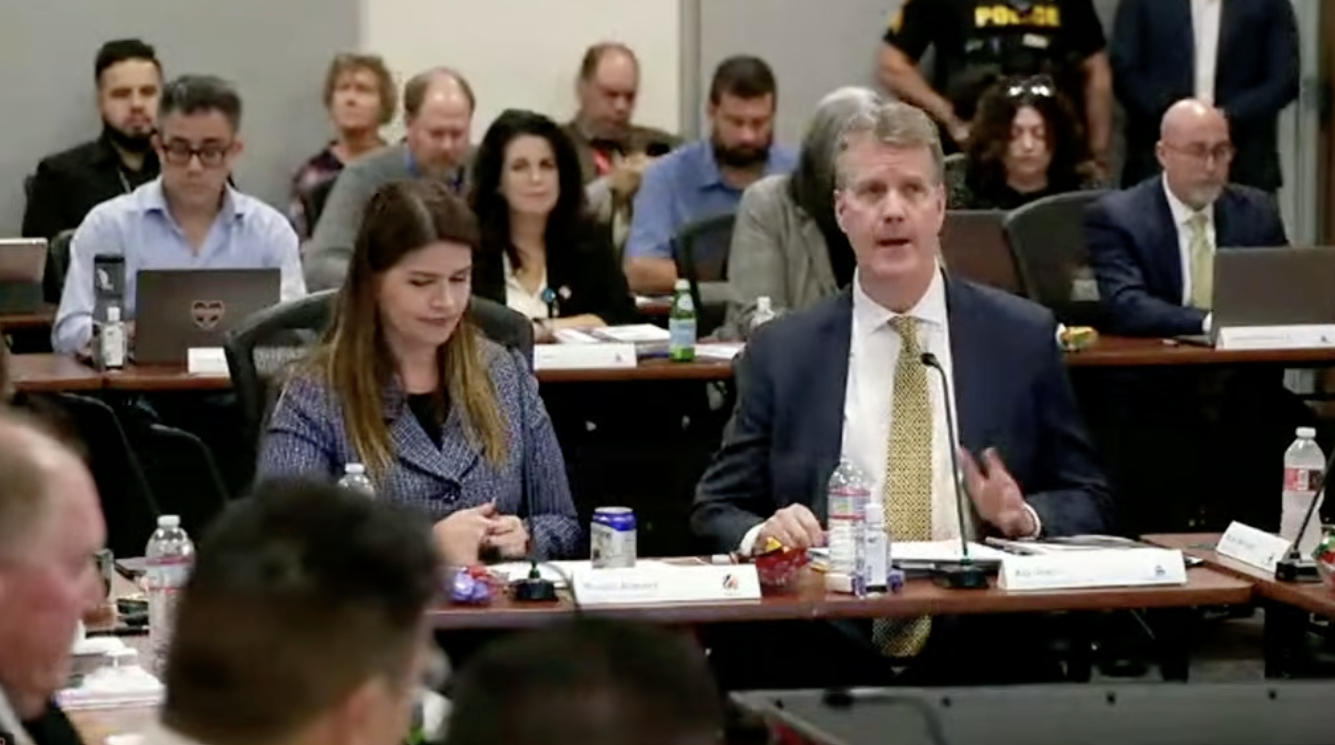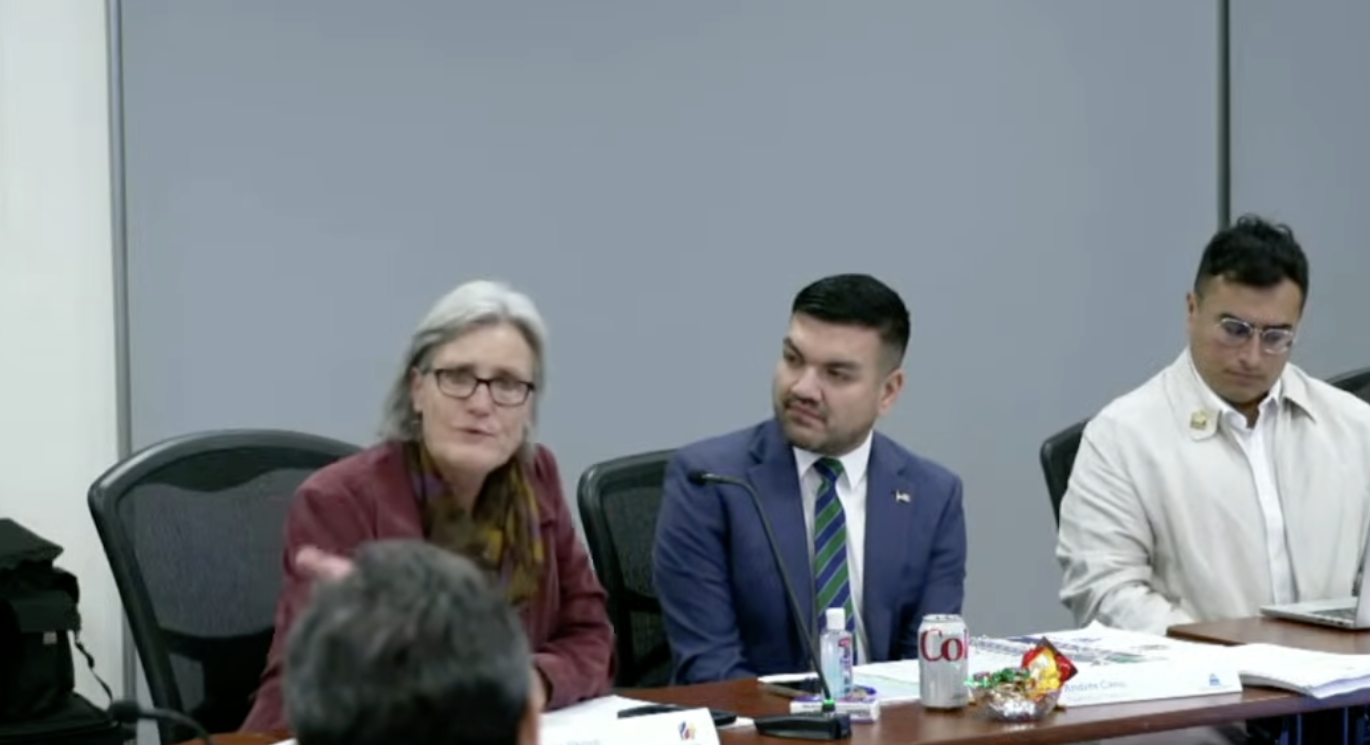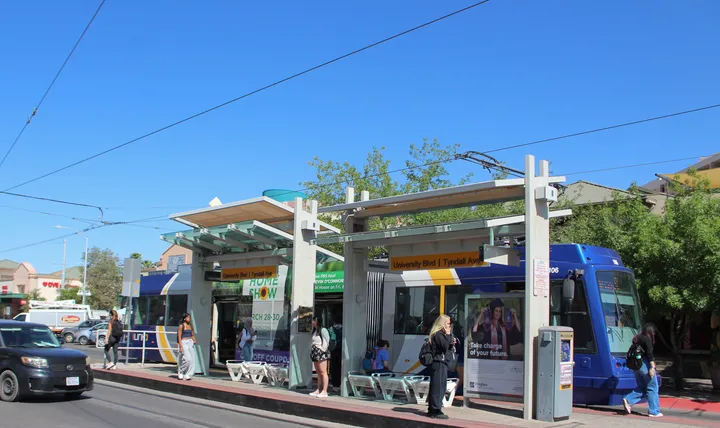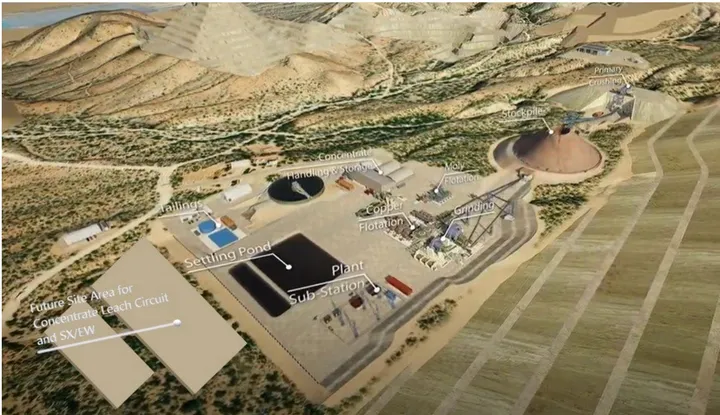Tucson, Pima County discuss new public safety measures amid dual crisis
City and county leaders discussed new public safety actions in a rare joint meeting Tuesday, identifying strategies, gaps and possible solutions.

City and county officials met in a rare joint session Tuesday, emphasizing that only a coordinated regional response can address Tucson’s “dual crisis” of homelessness and opioid-related health challenges.
The last joint meeting between the groups was held virtually during the COVID-19 pandemic to address public health issues.
Now, as officials say the region is facing another crisis, they gathered to highlight current strategies, identify gaps and discuss immediate solutions.
“If you want to go fast, go alone. If you want to go far, go together,” Pima County Board of Supervisors Chairman Rex Scott said at the start of the meeting, quoting an African proverb.
Deputy County Administrator Steve Holmes highlighted the county’s investments, including programs like its Emergency Eviction Legal Services department, which assists people facing eviction or who have been recently evicted.
Holmes pointed to transitional housing center The Craycroft House as an example of the county’s most successful rehousing program, with a 91% rate of individuals transitioning to affordable housing.
Other successful programs include the county’s pre-booking modular center, which connects people who can be released from jail with services. The availability of Medication-Assisted Treatment services in jails has also dramatically reduced overdose deaths, Holmes said.
The county has also invested heavily in community-oriented programs like the Community Mental Health and Addiction overdose action program, which provides resources and connects individuals with additional services.
Assistant Manager Liz Morales said the City of Tucson has also taken multiple community-oriented steps to address the issues, including purchasing property for low-barrier housing, providing services through its Multidisciplinary Outreach Team and decommissioning mass encampments through coordinated rehousing efforts.
The city’s Violence Intervention and Vitalization Action program has helped reduce gun-violence threats by connecting residents with community resources, Morales noted.
She also highlighted the Tucson Police Department’s Community Outreach Resource Engagement and Mental Health Teams, which work to engage people using nontraditional law enforcement strategies and include embedded outreach team members.
Both Morales and Holmes agreed that despite these efforts, major gaps remain, including limitations in data sharing, siloed operations, delays in referrals and authorizations for MAT and detox services, slow mobile-team response times, a lack of bilingual services, insufficient housing capacity, high failure-to-appear-in-court rates and more.
Proposed collaborations include increased data sharing, stronger partnerships with nongovernmental organizations and faith groups, establishing a pilot program for shelter and treatment services, and holding additional joint workshop sessions such as the recent Metro Justice Workshop hosted by Scott and Mayor Regina Romero.
“After all the millions of dollars invested by both Pima County and the City of Tucson, ... we still see a need on our streets,” Romero said.

Outgoing Ward 6 Councilwoman Karin Uhlich said the issues facing the region are complex and require difficult conversations.
Community members are “worried about their children on the streets of Tucson or they’ve already lost loved ones in this crisis,” Uhlich said. “We’re here, and we need to be here.”
Uhlich said gaps in services have allowed “bad actors” to swoop in and take advantage of vulnerable populations by offering housing and food. By addressing these gaps, she said, the community can better prioritize resources and protect vulnerable residents.
“We’re committed to tackling this crisis in a multitude of ways,” said District Three Supervisor Jennifer Allen. “If you threw a bubble over us, there is an urgency in the moment that you can see and feel every single day in our community.”
Allen said the recent pause in SNAP benefits and the ongoing housing-affordability crisis have added even more urgency.
“I appreciate that our efforts treat people as though they are our own family members,” Allen said.
The groups agreed to hold a joint session every quarter until the crises are resolved, and each held their own meeting later in the day.
The Tucson City Council reviewed a draft ordinance that would make public drug use a misdemeanor, giving police new authority to arrest or divert individuals under “reasonable suspicion” of drug-related loitering while linking enforcement with treatment referral.
Meanwhile, the Pima County Board of Supervisors unanimously approved creating a medically supported space for individuals with substance-use disorders and emphasized continued investment in rental-eviction prevention, rehousing programs and overdose-reduction efforts.
Quentin Agnello is a journalism major at the University of Arizona and Tucson Spotlight intern. Contact him at qagnello@arizona.edu.
Tucson Spotlight is a community-based newsroom that provides paid opportunities for students and rising journalists in Southern Arizona. Please consider supporting our work with a tax-deductible donation.



